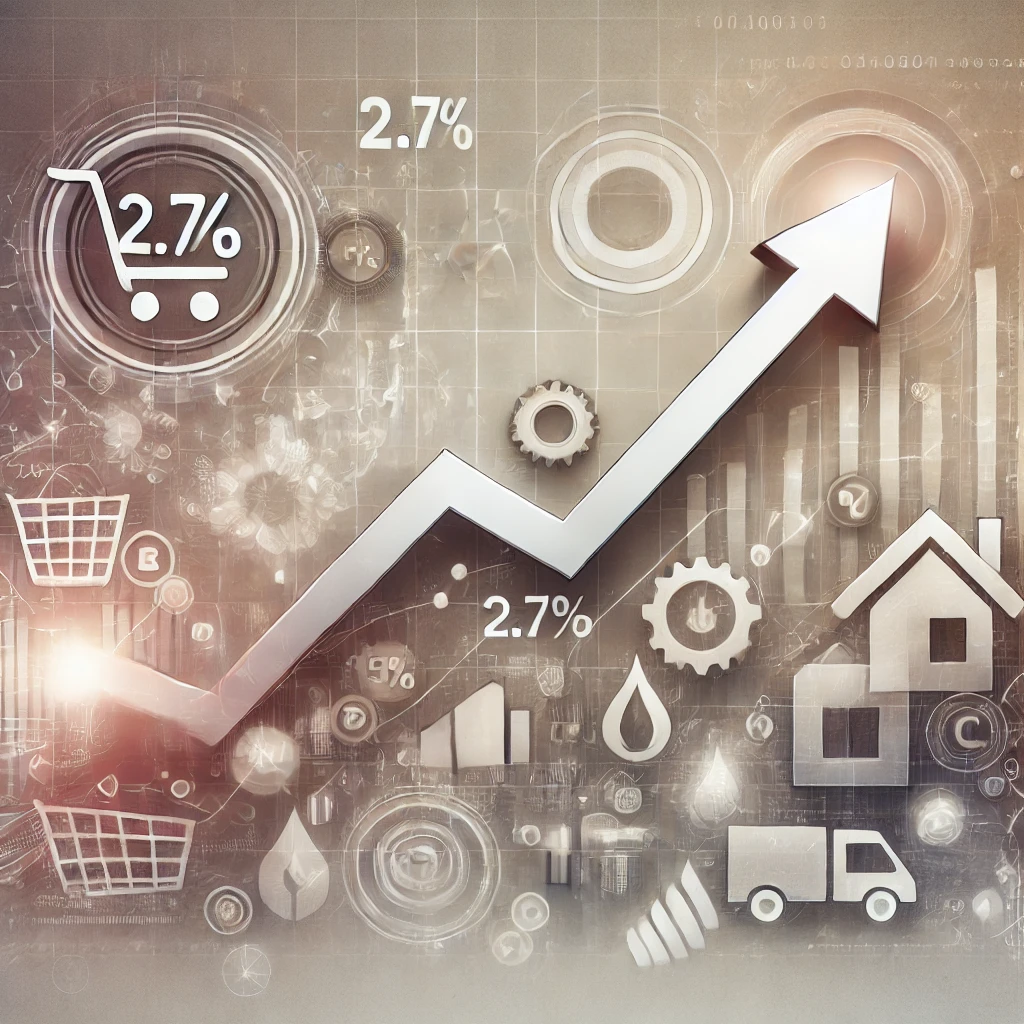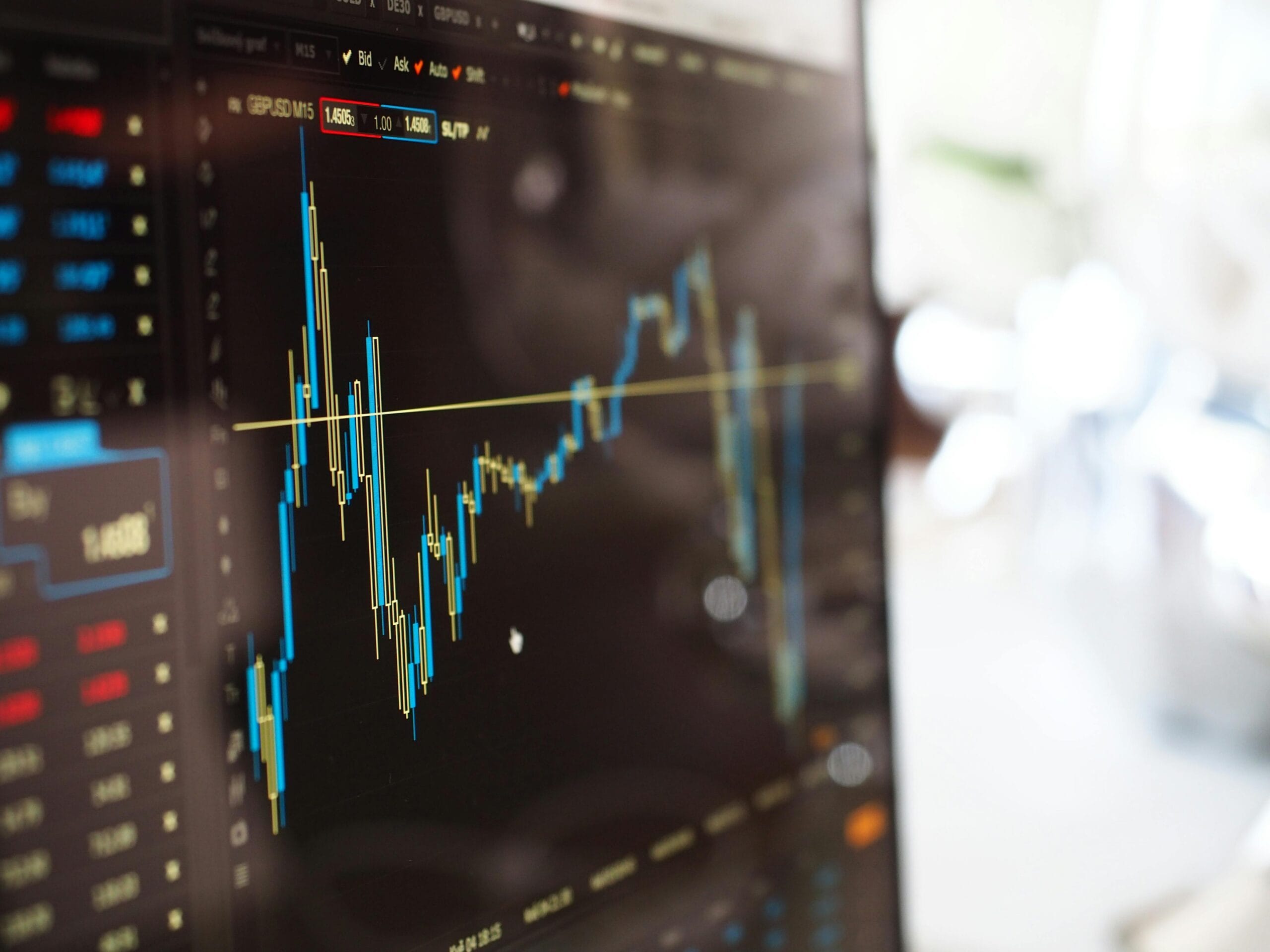
The latest economic data has revealed a significant increase in inflation, with the rate climbing to 2.7% in November. This rise has sparked widespread discussion about its potential implications for businesses and consumers alike.
Key Factors Behind the Inflation Surge
Economic analysts have pointed to several contributing factors driving this inflationary trend. Among the most prominent are:
- Rising Energy Costs: Energy prices have continued to surge, adding pressure on households and businesses.
- Supply Chain Disruptions: Persistent global supply chain challenges have led to higher production costs, which are being passed on to consumers.
- Increased Consumer Demand: With economic recovery efforts underway, consumer demand has seen a notable uptick, further straining supply.
Impact on Households and Businesses
The effects of rising inflation are being felt across various sectors. For households, the increased cost of essential goods, including food and housing, has created additional financial burdens. Businesses, on the other hand, are facing higher operational costs, leading to a ripple effect on pricing strategies and profitability.
Small businesses, in particular, are finding it challenging to navigate these changes. Many are exploring cost-cutting measures or re-evaluating their supply chains to mitigate the impact.
Government and Central Bank Response
To address these inflationary pressures, policymakers are reportedly considering various interventions. The central bank has hinted at potential adjustments to interest rates, aiming to stabilize the economy and curb rising prices. Additionally, government initiatives to ease supply chain bottlenecks are being closely monitored.
What Experts Are Saying
Economic experts have offered mixed reactions to the inflation data. While some believe the increase is a temporary consequence of post-pandemic recovery, others warn that sustained inflation could pose long-term challenges. Calls for proactive measures to address underlying issues, such as energy dependency and supply chain vulnerabilities, are growing louder.
Looking Ahead
As inflation continues to climb, businesses and consumers are advised to remain vigilant and adapt to the evolving economic landscape. Strategic financial planning and prudent decision-making will be key to navigating this period of uncertainty.
Policymakers are expected to closely monitor economic indicators in the coming months, ensuring that measures are in place to support stability and growth. Meanwhile, stakeholders across all sectors will be watching closely for any signs of relief or further escalation.
Conclusion
The rise in November inflation to 2.7% highlights the ongoing challenges facing the economy. While efforts are being made to address these issues, the journey towards stability is likely to require coordinated action and resilience from all involved. As the situation unfolds, businesses and individuals must prepare for the potential implications of a changing economic climate.





